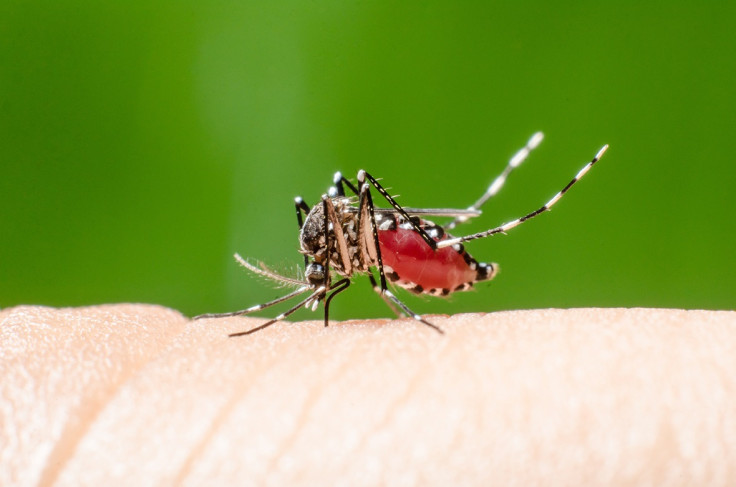Malaria vaccine: Mosquirix gets positive appraisal from EU regulator ahead of WHO testing

The world's first malaria vaccine has been given a positive scientific review by the European Medicines Agency (EMA), an EU regulator, moving it one step closer to widespread adoption.
The RTS,S vaccine – otherwise known as Mosquirix – was developed by British pharmaceutical giant GlaxoSmithKline (GSK), and has been recommended for licensing by the EMA for use on young children (aged 6 weeks to 17 months).
The EMA said it "considered that the benefits of vaccination may be particularly important among children in high-transmission areas in which mortality is very high".
It now has to get final approval from the World Health Organisation (WHO), which states that it will give a verdict before the end of the year. It has already been given the green light by governments in sub-Saharan African countries, with the UN likely to decide on purchasing options.
Sir Andrew Witty, CEO of GSK said: "While RTS,S on its own is not the complete answer to malaria, its use alongside those interventions currently available such as bed nets and insecticides, would provide a very meaningful contribution to controlling the impact of malaria on children in those African communities that need it the most.
"The work doesn't stop here and GSK remains committed to investing in R&D for malaria vaccines and treatments to find more ways to tackle this devastating disease."
GSK and PATH Malaria Vaccine Initiative have stated that it will sell the drug at a not-for-profit price.
According to figures from WHO, there were 627,000 worldwide deaths from Malaria in 2013 – with over 550,000 of these occurring in Africa. Some 82% of these fatalities were in children under the age of five.
Dr David C. Kaslow, Vice President of Product Development at PATH, added: "Today marks a significant scientific milestone for the long-standing partnership to develop a vaccine, yet several more steps remain before a malaria vaccine might reach the young children in Africa who most need protection against this deadly human parasite.
"PATH will continue to work with GSK and other partners to ensure that the evidence is available, as soon as possible, to support informed decision-making on those remaining steps."
© Copyright IBTimes 2024. All rights reserved.






